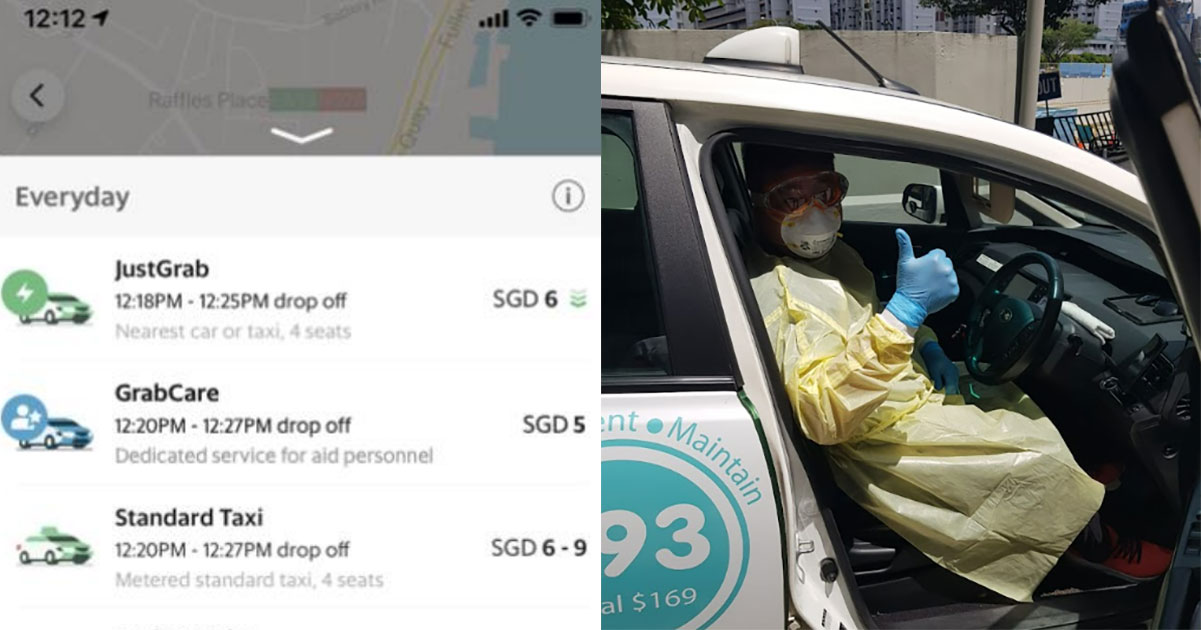Grab Singapore has retired two services, GrabCare and GrabResponse, which were developed in 2020 during the Covid-19 pandemic.
As there is no imminent threat of a new Covid-19 wave, these two services as part of the platform's Covid transport services have ceased.
They were introduced when the pandemic first struck to ferry healthcare professionals to and from hospital, and suspected Covid-positive patients to their quarantine locations.
Driver-partners signed up voluntarily
GrabCare was launched on Feb. 14, 2020, while GrabResponse came to fruition two months later in April.
The driver-partners involved in the services had signed up voluntarily.
This was during a period of uncertainty at the start of the pandemic, where healthcare workers and those infected faced difficulty finding transportation.
GrabCare took 3 days to develop
The first confirmed Covid-19 case in Singapore was on Jan. 23, 2020.
On Feb. 4, 2020, the first cluster in Singapore with 24 cases was reported.
By Feb. 7, 2020, the Dorscon level was raised from yellow to orange.
A week later, in response to the pandemic becoming full-blown, GrabCare was launched on Feb. 14, 2020.
According to Grab, the service was put together by members from various teams in three days.
GrabCare was launched at Tan Tock Seng Hospital with 2,000 driver-partners who signed up to be part of the service on their own accord.
GrabCare service catered to healthcare workers
The 24-hour on-demand GrabCare transport service for healthcare professionals was built by Grab over 72 hours to plug a gap.
The transport solution was provided in response to reports and anecdotes about healthcare workers being shunned by commuters and some drivers amid fear and uncertainty over the impact of the virus at the start of the pandemic.
However, healthcare professionals in Singapore at the frontlines of the crisis did not have the option of staying home or working from home as they were needed in hospitals.
Wong Mui Peng, deputy director of nursing at Tan Tock Seng Hospital said healthcare workers felt disheartened when they were shunned on public transport or faced difficulties getting a ride.
“When GrabCare was rolled out, our healthcare staff were very relieved and grateful. Shorter commutes enabled them to have more rest time in between shifts,” Wong said, adding that the launch of the service also made healthcare professionals feel cared for and appreciated at that time.
Staff from participating hospitals could book GrabCare rides
Staff from participating hospitals who signed up for GrabCare would see the ride option in their app.
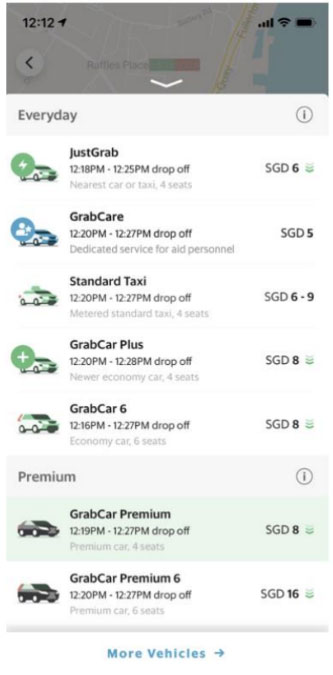 GrabCare
GrabCare
Thousands of driver-partners came out in support within 24 hours.
Over 2,000 driver-partners expressed their interest to support the initiative when it was first rolled out.
By October 2021, the number grew to over 15,000.
The pick-up and drop-off points of all participating healthcare facilities were mapped out so that the people who needed the service the most would be able to access it.
In a span of three months, GrabCare’s coverage expanded from two to 16 healthcare facilities.
By the time the pandemic eased, driver-partners had completed over 300,000 GrabCare rides.
Some 17,000 healthcare workers opted in for GrabCare eventually.
GrabResponse launched 2 months later
Two months after the launch of GrabCare, Grab introduced GrabResponse, a transport service to ferry potentially infected people to Covid-19 testing centres.
This was part of efforts to support the local authorities’ efforts to complement existing ambulance services at the height of the pandemic in April 2020.
Grab also set up an online concierge that allowed authorised dispatchers to make bookings for Covid-19 suspected patients across the island.
These rides required additional preparation from drivers, who had to undergo safety training by the Singapore Civil Defence Force (SCDF).
The drivers were required to gear up with masks and full body personal protective equipment (PPE) for every trip.
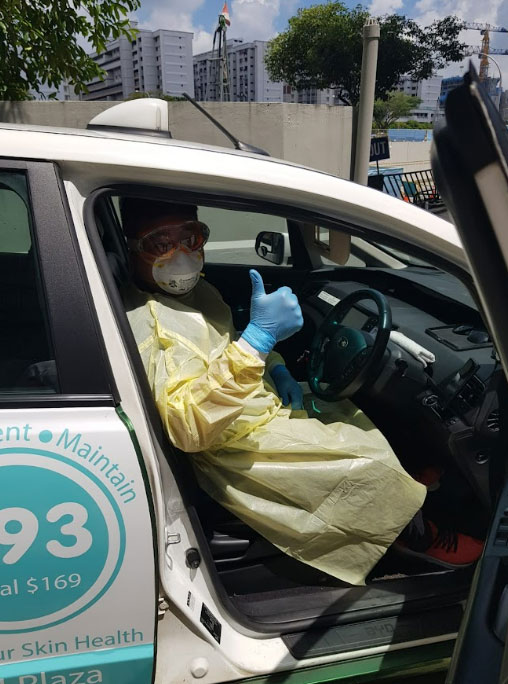 GrabResponse
GrabResponse
They also needed to discard their protective gear at designated decontamination zones, and clean and disinfect their vehicles after each trip.
The amount of effort that had to be put into each ride, and the risk of contracting Covid-19 from suspected patients did not deter some 250 driver-partners who volunteered.
Over 8,000 GrabResponse trips were completed between April to December 2020.
Appreciation event
An appreciation event for the GrabCare and GrabResponse driver-partners who risked their health to volunteer for these services was held on Sep. 11.
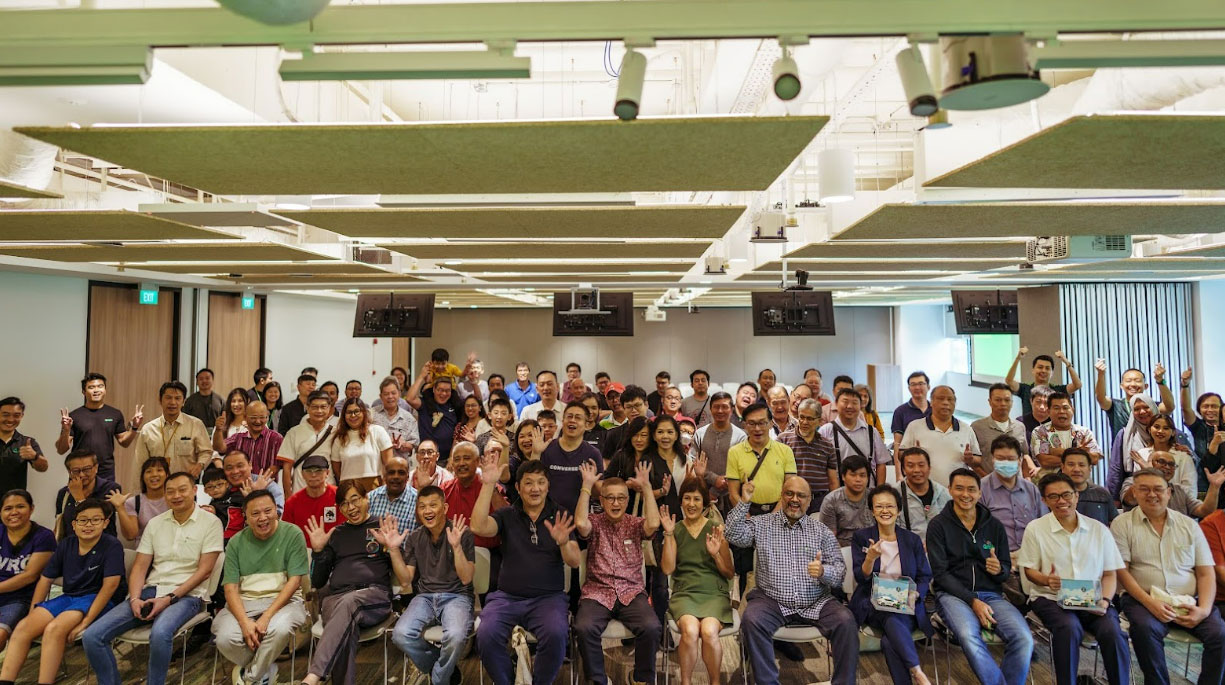 Grab driver-partners appreciation event
Grab driver-partners appreciation event
Some of the driver-partners attended with their family members.
One of them who did so was Sebastian Cheng.
He said his family members were worried about his safety when he first signed up as a GrabCare driver.
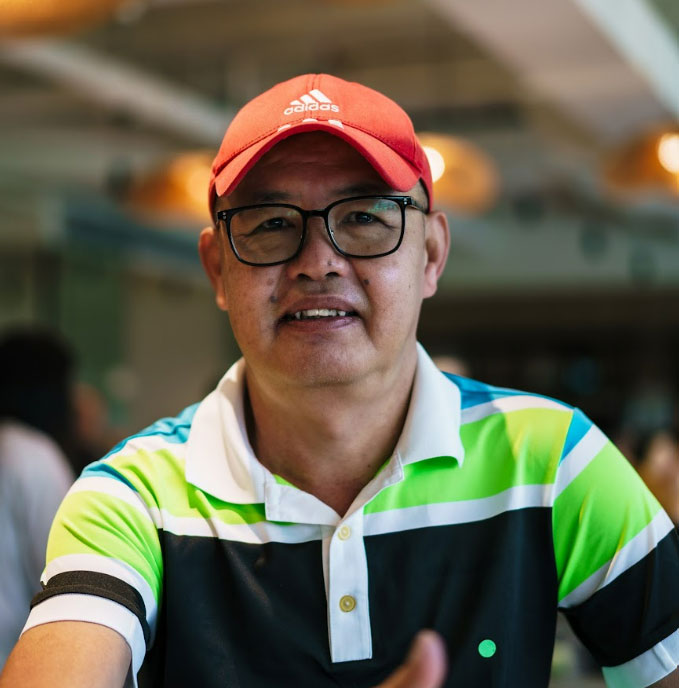 Sebastian Cheng
Sebastian Cheng
But he eventually managed to get their support by reassuring them that he would take the necessary precautions and explaining why he was compelled to step up.
“What if a family member was in the hospital and we needed the medical staff to take care of them? If we didn’t support them, who would? These healthcare workers can’t work from home,” said Cheng.
“When healthcare workers thank me for the ride, I would tell them that I should be the one saying thank you instead because without them, there would not be anyone taking care of all the patients at the hospitals,” he added.
All photos via Grab
If you like what you read, follow us on Facebook, Instagram, Twitter and Telegram to get the latest updates.

